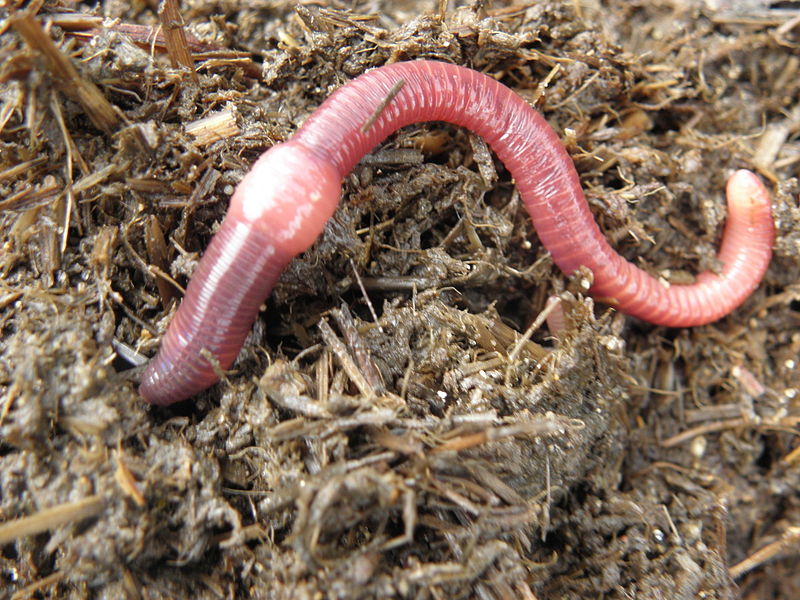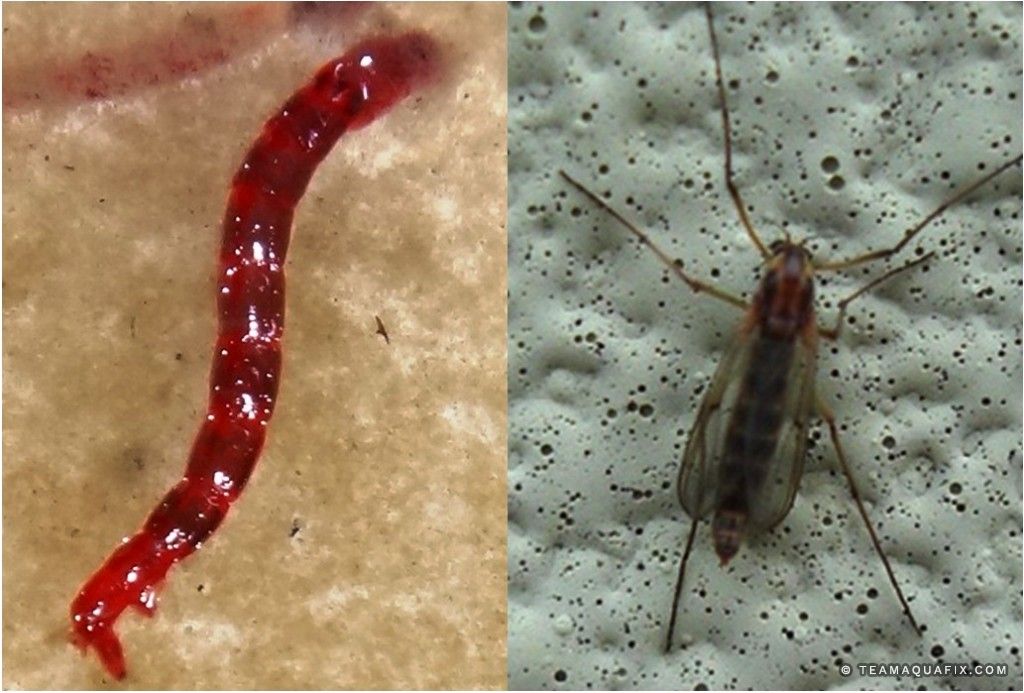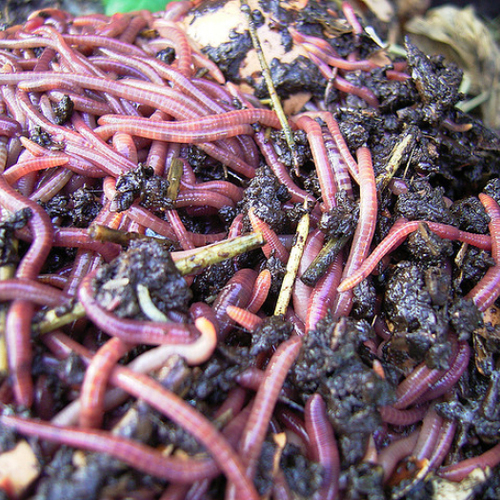Composting-friendly red wigglers: Enhance your compost
Why Red Wigglers Are Vital for Chemical-free Farming
Red wigglers play an essential role in natural farming, mostly with their one-of-a-kind ability to disintegrate organic materials and boost dirt health. The degree of their impact on farming methods and dirt biology raises appealing questions regarding the future of natural farming.
Role of Red Wigglers in Soil Wellness

Additionally, red wigglers improve soil structure by creating channels as they tunnel. These channels improve aeration and water infiltration, promoting a healthier origin setting. Their task additionally helps in keeping ideal wetness degrees, which is crucial for healthy and balanced plant development.

Benefits of Worm Spreadings
Worm spreadings, the nutrient-rich excrement generated by red wigglers, function as a powerful change for natural farming. These castings are teeming with vital nutrients such as nitrogen, phosphorus, and potassium, which are vital for plant growth. Unlike artificial fertilizers, worm spreadings release nutrients slowly, giving a stable supply gradually and reducing the danger of nutrient leaching and drainage.
In addition, worm castings improve dirt structure and aeration, advertising much healthier root systems. Their high organic matter web content improves wetness retention, making it possible for plants to much better endure drought problems. Additionally, worm spreadings have advantageous bacteria that sustain plant wellness by suppressing pathogens and improving nutrition uptake.
The application of worm castings can cause raised crop yields and improved top quality of fruit and vegetables, making them an important resource for natural farmers. Their usage also aligns with sustainable farming practices, contributing to soil fertility without the unfavorable ecological influences connected with chemical plant foods. Generally, the unification of worm spreadings right into agricultural methods cultivates an extra resistant and effective ecological community, emphasizing the value of red wigglers in natural farming systems.

Enhancing Nutrient Cycling
(red worms for sale)Nutrient biking is a vital procedure in organic farming, and the assimilation of red wigglers plays a critical duty in enhancing this cycle. As red wigglers eat rotting natural matter, they eliminate nutrient-rich castings, which are bursting with beneficial microorganisms.
In addition, red wigglers help to speed up the mineralization of nutrients, transforming them from inert kinds right into bioavailable forms that plants can take in. This process is critical for maintaining soil fertility and advertising healthy plant development. The presence of red wigglers likewise urges a diverse soil ecological community, fostering a balance of nutrients that sustains numerous plant species.
Improving Soil Structure
The improvement of dirt framework is vital for promoting a healthy agricultural environment, and the task of red wigglers significantly adds to this enhancement. These earthworms play a necessary duty in aerating the soil and producing a network of channels that promote water seepage and origin penetration. As they delve via the dirt, red wigglers break up compacted layers, enabling for much better oxygen exchange and advertising microbial task.
In addition, the raw material generated from their waste, referred to as vermicast, enhances soil gathering. This procedure produces secure globs of dirt fragments, improving dirt porosity and minimizing disintegration (red wigglers). The visibility of red wigglers likewise urges the advancement of valuable fungal networks, which are critical for nutrient uptake by plants
Promoting Lasting Practices
Incorporating red wigglers into chemical-free farming practices not only enhances dirt wellness yet additionally advertises lasting agricultural approaches. These earthworms play an essential duty in nutrition cycling, transforming natural waste into beneficial compost that enriches the soil. By utilizing red wigglers, farmers can effectively minimize reliance on synthetic plant foods, therefore lessening chemical overflow and its harmful effects on ecosystems.
In addition, the consolidation of red wigglers encourages the practice of reusing organic products, such as kitchen scraps and ranch waste. This waste decrease technique read not just decreases disposal prices however also cultivates a closed-loop system where nutrients are continuously gone back to the dirt (red wigglers). Such techniques are crucial in reducing environment change, as they enhance carbon sequestration and lower greenhouse gas discharges
Moreover, red wigglers boost water retention in the soil, which is crucial in times of drought. Their burrowing tasks develop channels that enable water to pass through deeper into the ground, hence promoting reliable water use. Inevitably, integrating red wigglers right into organic farming not just supports biodiversity however also aligns with the concepts of sustainable farming, providing an all natural method to food manufacturing.
Conclusion
In final thought, red wigglers play a critical role in organic farming by dramatically improving dirt wellness and fertility. Hence, the integration of red wigglers into agricultural methods is crucial for advertising sustainability and boosting general dirt quality.